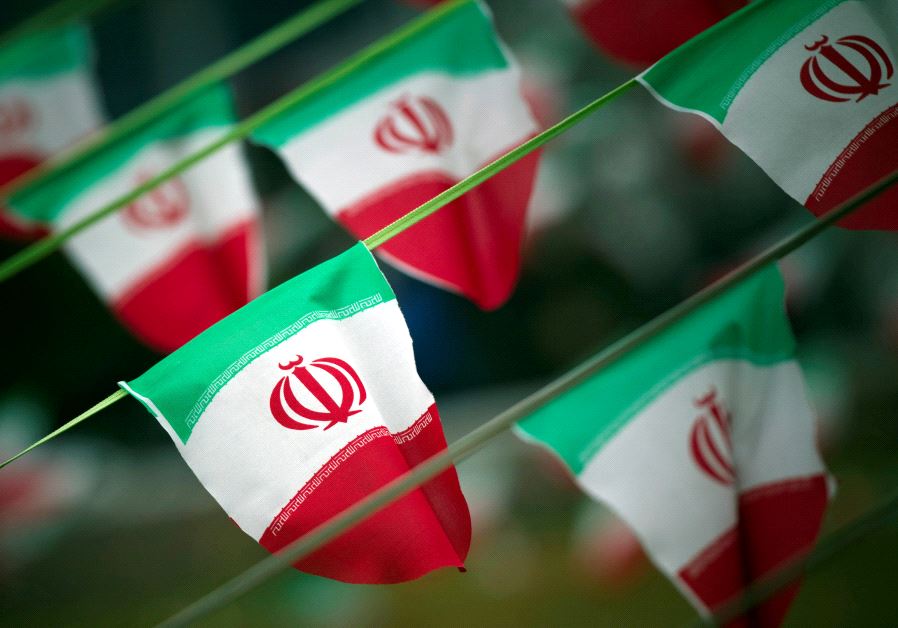Iran arrests dozens of ‘spies’ working In government bodies
Iran has been struggling with a perennial issue of espionage by foreign powers, particularly by the US, UK, and Israel.
 Iran's national flags are seen on a square in Tehran, Iran.ByTERRANCE J. MINTNER/THE MEDIA LINEUpdated:
Iran's national flags are seen on a square in Tehran, Iran.ByTERRANCE J. MINTNER/THE MEDIA LINEUpdated: